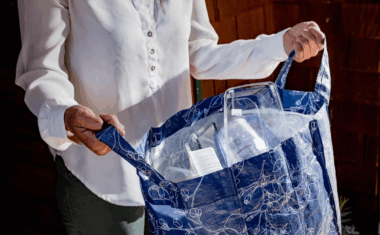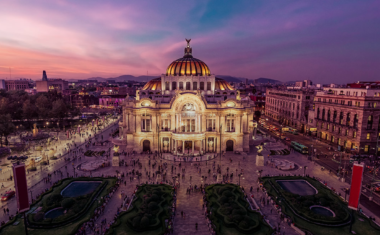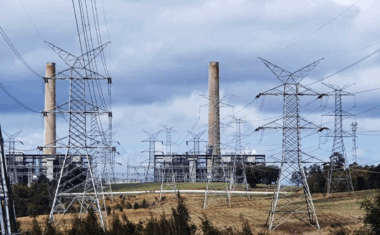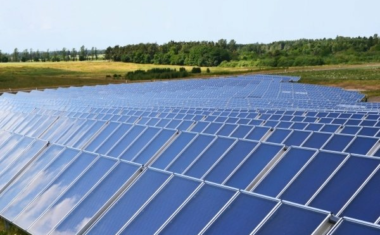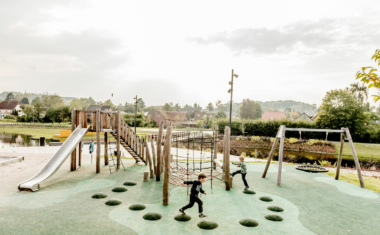The Biomethanisation Unit
- 5 min to read

About the city. Rio de Janeiro, a city of about 6.7 million people, is one of more than 70 cities around the world that have committed to becoming “carbon neutral” by 2050.
Goal
The aim of the project is to reduce the amount of waste disposed in landfills and increase the amount of recovery of recyclable materials and organic fraction.
Implementation period. The pilot project was launched in December 2018.
Fact
Brazil is one of the world’s 10 largest producers of food waste, throwing away about 30% of all harvested fruits and vegetables. According to the Brazilian Agricultural Research Corporation, about 40,000 tons of food are thrown out every day in the country, which decomposes in landfills, releasing significant amounts of methane.
Solutions
Ecoparque’s pilot project, which was launched in December 2018, turns organic matter-almost entirely food waste-into biogas using a process that generates electricity, biofuels and compost for use as fertilizer in agriculture and forestry and produces minimal emissions.
By recycling 35 to 50 tons of waste per day, the plant creates enough energy to power itself, the larger on-site waste facility and the company’s fleet of 19 electric vehicles are equivalent to more than 1,000 homes, based on average consumption in Brazil.
The plant receives organic waste from supermarkets and street stalls with fruits and vegetables from the city center, but also deals with household waste and even discarded burgers and fries from the October’s Rock in Rio festival.
The Ecoparque uses seven reactors to process waste, each about the size of a shipping container. In a step-by-step process, each of them receives organic waste and is sealed for two to three weeks with the introduction of bacteria that break down the matter and produce methane. The gas is then stored in a large container above the facility and then converted to electricity.
Challenges
The city focused on how to scale up the pilot plan and keep it operational for 2 years. This was a particular challenge due to budget cuts and the current economic crisis in Brazil.
After the workshop, the National Development Bank adopted a pilot plan and agreed to finance it. The CSP has enabled the City to make key contacts; the City of Rio is committed to further leveraging C40 and CSP resources to attract additional private companies to share operation costs and technology.
Team
Rio de Janeiro City Hall, Methanum Company and the Federal University of Minas Gerais (UFMG), Comlurb
Timeline
The Biomethanization Unit is capable of processing 35 tons of solid urban waste per day, which is equivalent to the waste generated daily by a population of 70,000 inhabitants. This will avoid the release of approximately 3,150 m3 of biogas per day, which is equivalent to 14 MtCO2e per year.
If you notice an error or inaccuracy in our editorials, please email [email protected] so we can look into it.

